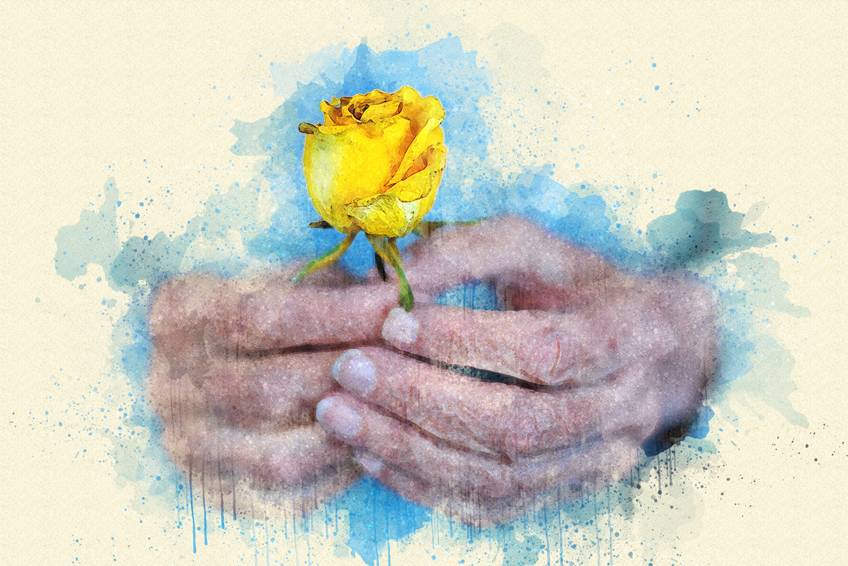
For many people, Mother’s Day is a time to celebrate and show appreciation for all our mothers do for us. And heaven knows, all those mothers out there deserve to be celebrated. For others, however, Mother’s Day can be a painful reminder of a mother no longer with them. If you’re struggling to cope with grief on Mother’s Day, here are some tips to help you move through the grief and onto a path to healthy healing.
Tips for Coping with Mother’s Day Grief
- Acknowledge your feelings.
Your feelings about the loss of your mother are very real. It’s important to acknowledge them and allow yourself to grieve. Don’t try to suppress your emotions or put on a brave face. Feeling sad, angry, or overwhelmed on Mother’s Day is okay. Give yourself permission to feel these emotions and process them in a healthy way. - Connect with your loved ones.
Surround yourself with others who understand your loss and can offer support. Reach out to family members, friends, or a support group. Sometimes talking to someone who has experienced a similar loss can be helpful. Sharing stories with others who knew her can bring back wonderful memories of her and why she was so special. - Create new traditions.
If Mother’s Day has been difficult for you since your mother’s passing, consider creating new traditions to honor her memory. Light a candle in her honor, make her favorite meal, or visit a place that was special to her. Doing something that reminds you of your mother can help you feel closer to her on this day. - Put your feelings into words.
Write a letter to your mother or grandmother expressing how much you miss them. If you keep a journal, writing about this special person may bring you comfort. - Practice self-care.
Taking care of yourself is essential during times of grief. Make time for self-care activities such as exercise, meditation, or spending time in nature. Taking care of yourself physically and mentally can help you cope with the emotions on Mother’s Day. Be sure to get enough sleep, eat healthy foods, and drink enough water. Not only can this make you feel physically better, but you know your mother would want you to stay healthy.
Remember, you shouldn’t feel pressured to do anything you don’t want to do. Spend the day doing things you enjoy. This could mean going for a long walk, spending the day watching your favorite films, or taking yourself on a day trip. Above all, If you’re struggling to cope with grief on Mother’s Day, don’t hesitate to seek professional help. A therapist or counselor can help you work through your emotions and develop coping strategies. These professionals can also provide a safe and supportive space to express your feelings without judgment.
Contact your family, friends, and medical professionals if you need help but don’t know where to start. Your doctor, for example, may be able to recommend a grief support group or other resources to help you cope. Above all, remember that you are not alone.
Acknowledge your feelings, connect with loved ones, create new traditions, practice self-care, and seek professional help. It’s okay to feel sad. Healing takes time. Everyone’s timetable is different, and there is no right or wrong way to grieve. With time and support, you can learn to cope with your grief and find ways to honor your mother’s memory on Mother’s Day and every day.
